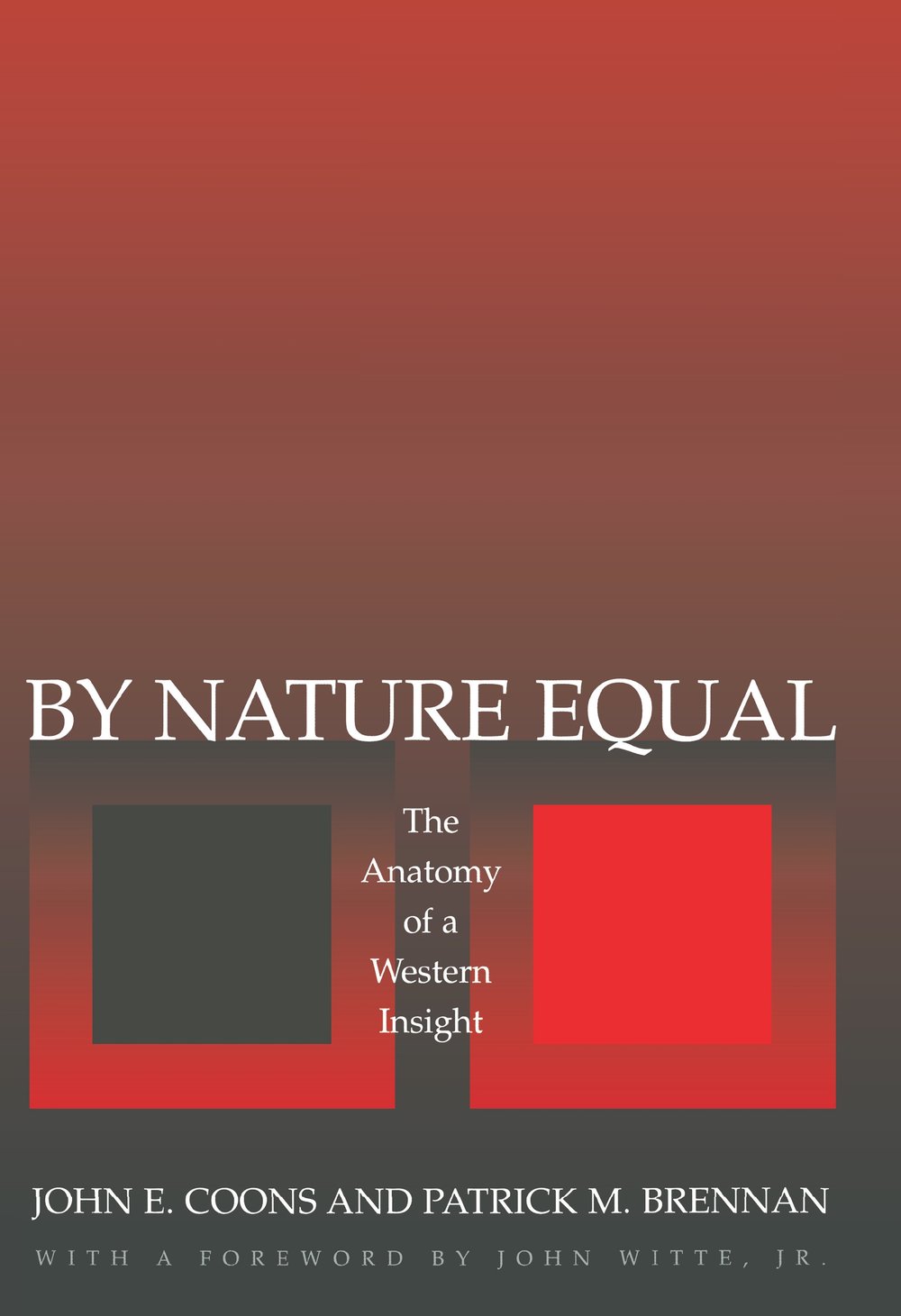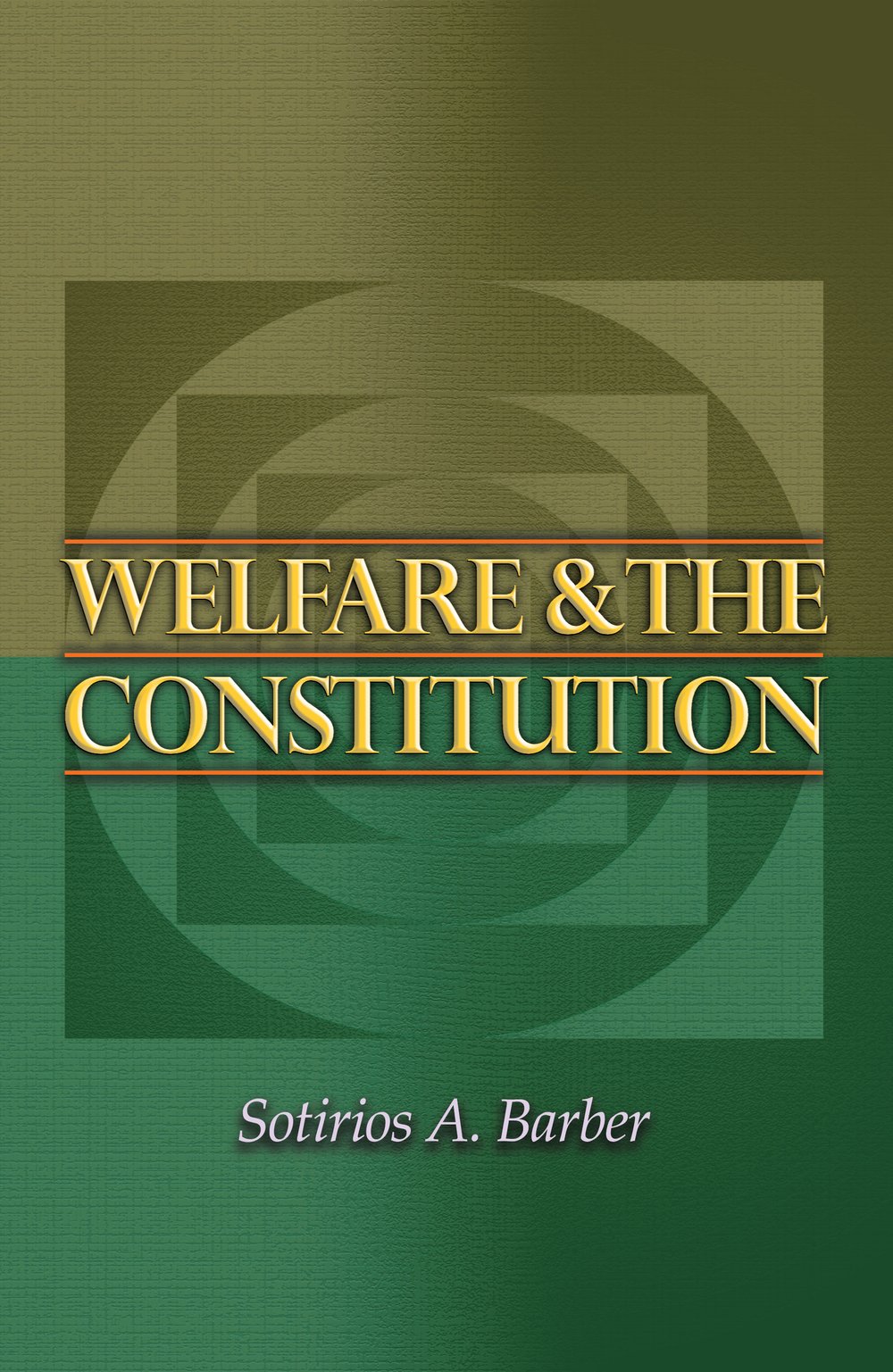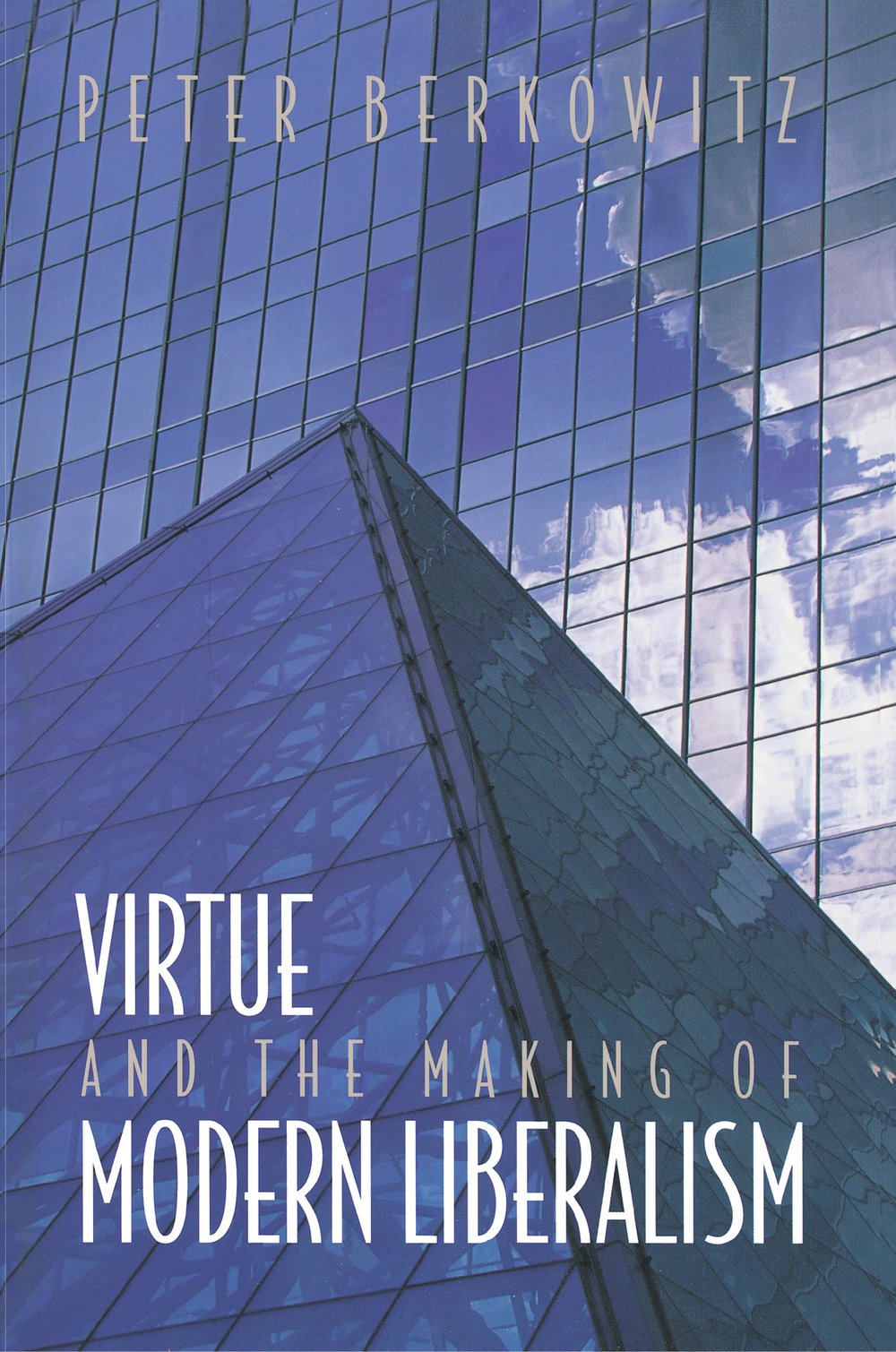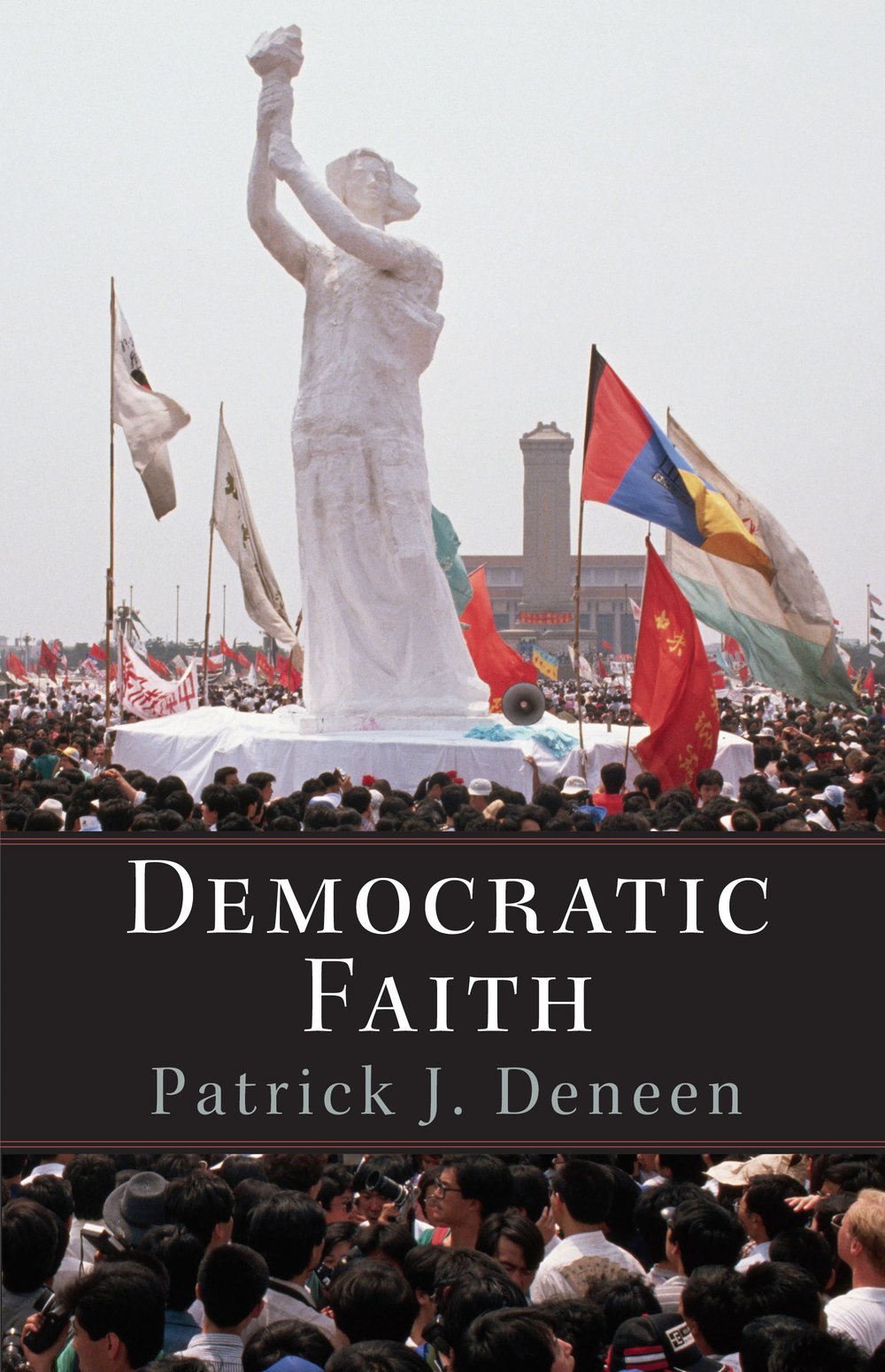By Nature Equal
The Anatomy of a Western Insight

What do we mean when we refer to people as being equal by nature? In the first book devoted to human equality as a fact rather than as a social goal or a legal claim, John Coons and Patrick Brennan argue that even if people possess unequal talents or are born into unequal circumstances, all may still be equal if it is true that human nature provides them the same access to moral self-perfection. Plausibly, in the authors' view, such access stems from the power of individuals to achieve goodness simply by doing the best they can to discover and perform correct actions. If people enjoy the same degree of natural capacity to try, all of us are offered the same opportunities for moral self-fulfillment. To believe this is to believe in equality. This truly interdisciplinary work not only proposes the authors' own rationale but also provides an effective deconstruction of several other contemporary theories of equality, while it engages historical, philosophical, and Christian accounts as well. Furthermore, by divorcing the "best" from the "brightest," it shows how descriptive equality acquires practical significance.Among other accomplishments, By Nature Equal offers communitarians a core principle that has until now eluded them, rescues human dignity from the hierarchy of intellect, identifies racism in a new way, and shows how justice can be freshly grounded in the conviction that every rational person has the same capacity for moral excellence.

John E. Coons is Robert Bridges Professor of Law Emeritus at the University of California, Berkeley, where he has taught since 1967. His previous books have focused on civil rights, the organization of education, and the rights of children. Coons has taught a variety of subjects with an emphasis on the mutual influence of law, philosophy, and the social sciences. Patrick M. Brennan is Associate Professor of Law at Arizona State University, College of Law.





